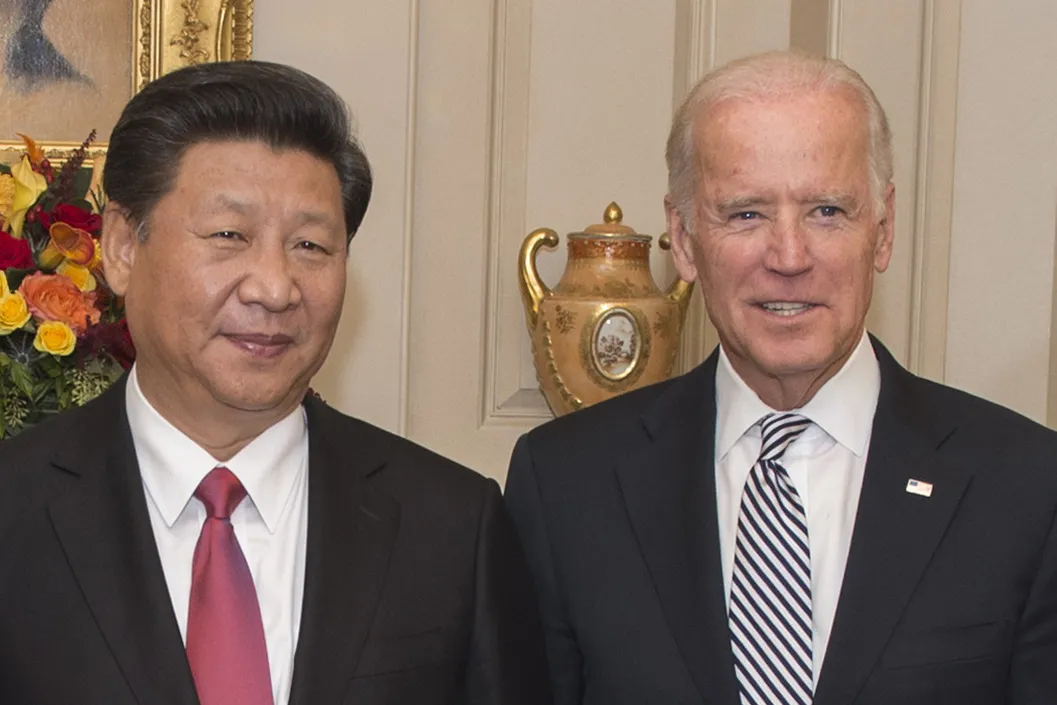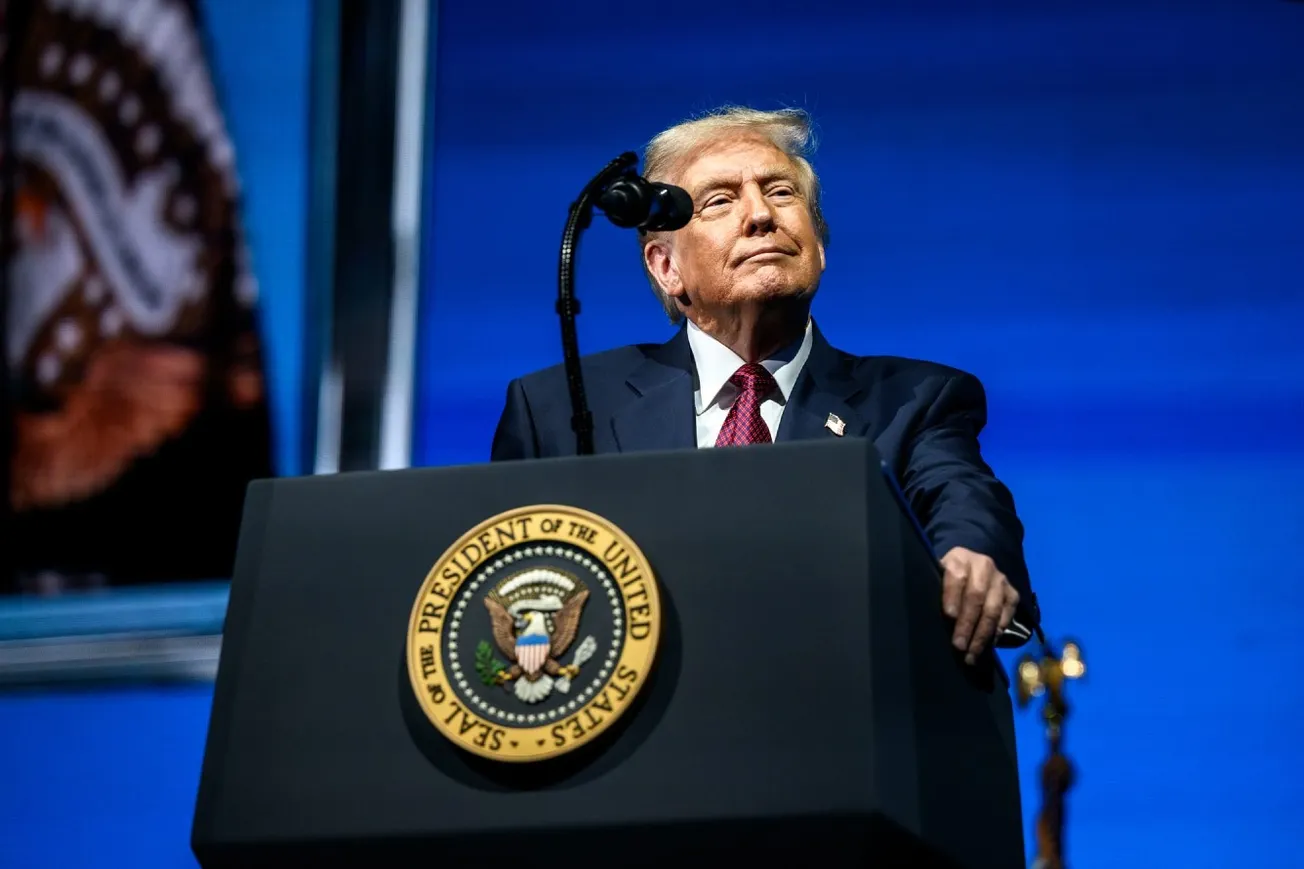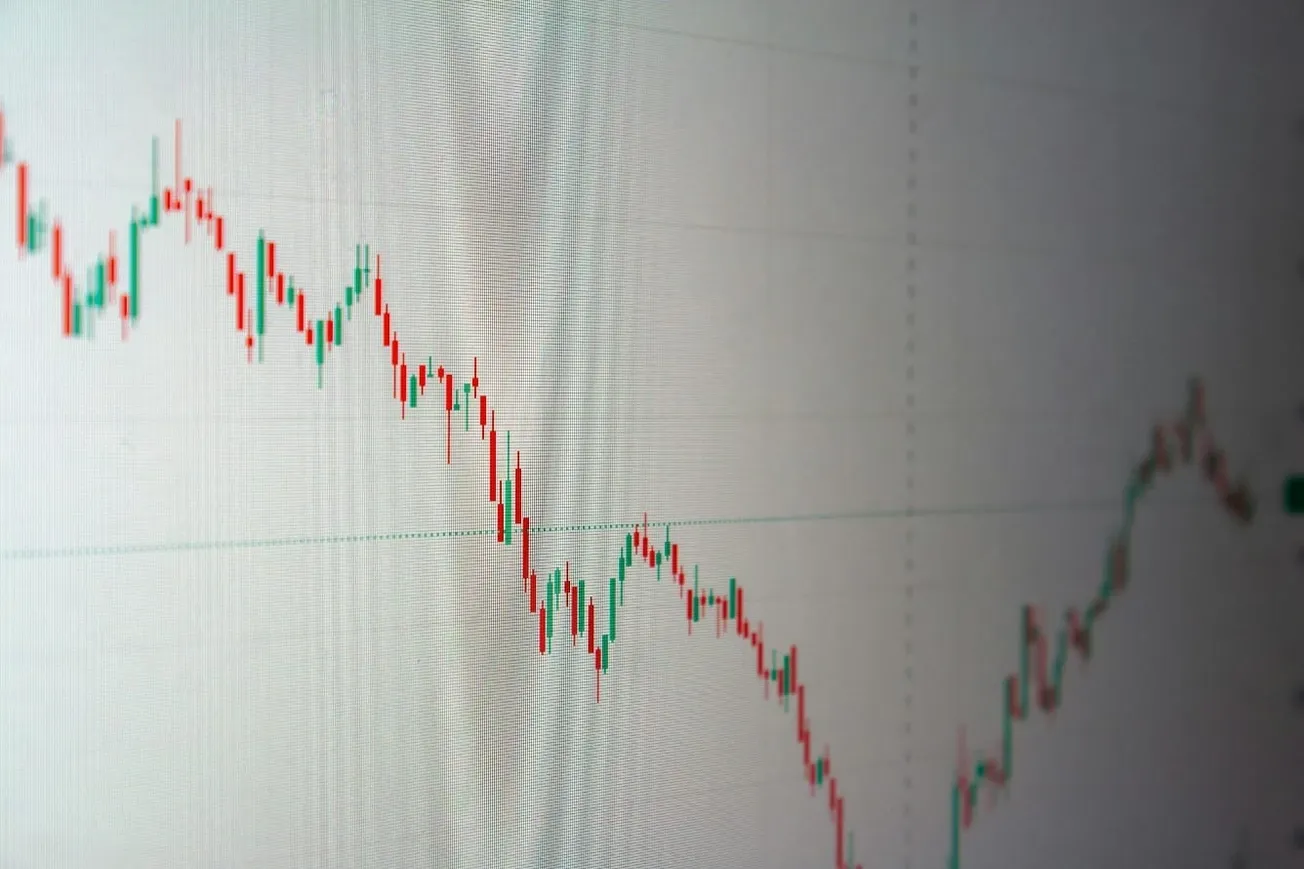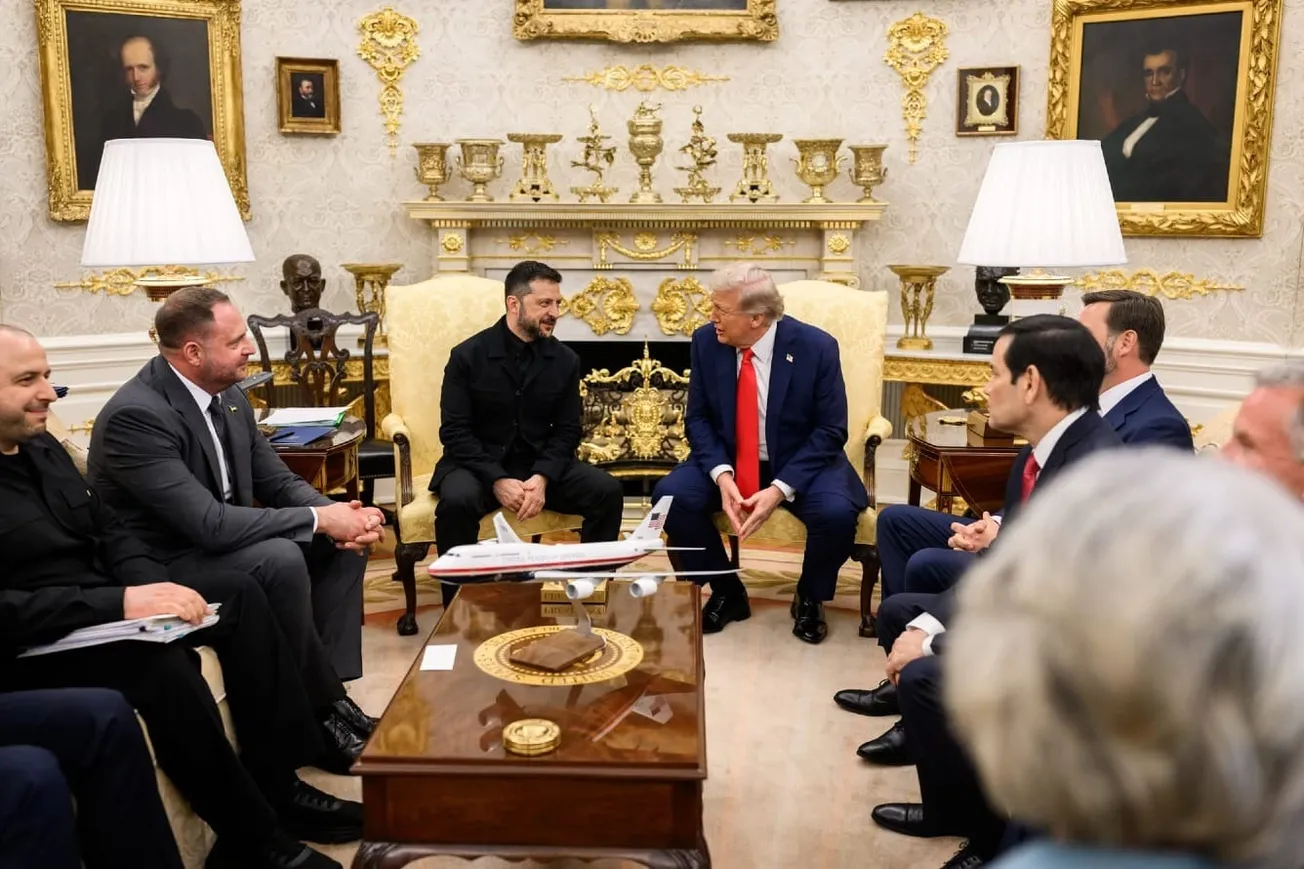By Gordan Chang via Daily Caller News Foundation
“Doubled-faced.” That’s how Beijing just described two senior Biden administration officials who had traveled to China, seeking to repair relations with the Chinese regime.
Last week, U.S. Assistant Secretary of State for East Asian and Pacific Affairs Daniel Kritenbrink and Laura Rosenberger, the senior director for China at the National Security Council (NSC), flew to Langfang in Hebei province for talks with Chinese Vice Foreign Minister Xie Feng.
Kritenbrink and Rosenberger traveled to China to make preparations for Antony Blinken’s trip there sometime early next year. President Joe Biden at the Bali G20 last month made a commitment to send the secretary of state to China to continue dialogue.
The discussions in Langfang apparently did not end well. Global Times, a semi-official tabloid controlled by the authoritative People’s Daily, commented on the meeting by issuing an editorial on Dec. 13 with this title: “U.S. Cannot Be ‘Doubled-Faced’ If It Really Wants to Fix China Ties.”
The Communist Party of China, therefore, essentially told Biden that he should not expect an easy time establishing a cooperative arrangement with China.
Biden had hoped ties would improve after seeing Chinese ruler Xi Jinping last month at the Bali G20. The American president, addressing Xi, said they were meeting there “to find ways to work together on urgent global issues that require our mutual cooperation.” Biden then named two: climate change and food insecurity.
To gain cooperation on these issues, Biden has been giving Beijing a free-ride on human rights. The administration’s dispiriting comments on Nov. 28 on the extraordinary China protests, made by John Kirby, NSC coordinator for Strategic Communications, reflected this approach.
America’s policy looks as if it should work, but it does not. Biden, vice president during the Obama years, should know.
In February 2009, then Secretary of State Clinton said that Chinese human rights issues could not “interfere” with more important matters such as “the global economic crisis, the global climate change crisis, and the security crisis.” At the time, she ranked Taiwan and Tibet as secondary issues.
Her concessions, meant to create good will in Beijing, in fact did not. Communist Party leaders were “ecstatic” about Clinton not talking about human rights. “In their eyes, America had finally succumbed to a full kowtow before the celestial emperor,” wrote Laurence Brahm, an American with close ties to Chinese leaders, at the time.
Not long after Secretary Clinton’s rhetorical concession, the Chinese harassed two unarmed U.S. Navy reconnaissance vessels in international waters in the South China and Yellow Seas. In one incident, Chinese boats tried to separate a towed sonar array from the USNS Impeccable, one of those ships, an act constituting a direct attack on the United States.
“For generations, U.S. leaders have struggled with how to address and meaningfully improve human rights conditions, especially in countries like China where we have significant economic and strategic dependencies,” Stephen Yates, chair of the America First Policy Institute’s China Policy Initiative, told me. “Few still cling to the notion that China will grow its way out of these problems through economic and diplomatic engagement, but other strategic issues on which presidents seek China’s cooperation continue to limit real policy advocacy and necessary punitive measures related to human rights.”
Biden policymakers, like their predecessors, do not want to acknowledge that it is the differences over those rights that are the source of America’s continual problems with the Communist Party.
A better approach for Biden would be to emphasize areas of disagreement with China, starting with human rights.
Why is that so?
When Chinese leaders view America as weak, they press the advantage. They perceive Americans as weak when they do not stand for their values. In short, Americans cannot successfully appease China’s regime.
Moreover, the Communist Party views the United States as an existential threat not because of anything Washington says or does but because of the fundamental nature of American society. China’s always insecure ruling organization — it is now more insecure than it has ever been — is afraid of the inspirational impact on the Chinese people of America’s ideals and form of governance.
Therefore, the core disagreement over human rights prevents an enduring partnership with a communist ruling group on any issue.
The differences over rights have real-world consequences. In May 2019, People’s Daily, which speaks for China’s regime, carried a piece declaring a “people’s war” on America.
So Americans should not be surprised that China’s central government and Communist Party organs have carried hostile, malicious propaganda against the U.S. almost every day since that landmark Communist Party declaration.
There are two immediate consequences to America’s unwillingness to understand the core disagreement on human rights. First, American leaders have not leveraged the relationship with Beijing to get what they wanted. China’s Communists have no defense of their treatment of their own people, so they are in a weak position when others talk about human rights.
The world can also see the feebleness of American human rights policy, which only strengthens China’s hand across the board.
Second, the failure to prioritize human rights has given the Communist Party a free hand to intimidate, oppress, and imprison people. As Nury Turkel, a Hudson Institute senior fellow, told me, the Chinese regime is now in its sixth year of its campaign of genocide of Uyghurs and other Turkic minorities and its crimes against humanity against them.
Turkel believes “this moral concern should be an essential part of our foreign policy objectives.”
He’s absolutely right. Washington must put the promotion of freedom at the center of its foreign policy because Americans will not be safe as long as dictators, like those in China, rule.
Gordon G. Chang is the author of The Coming Collapse of China.
Link to the original article on the Daily Caller website.








